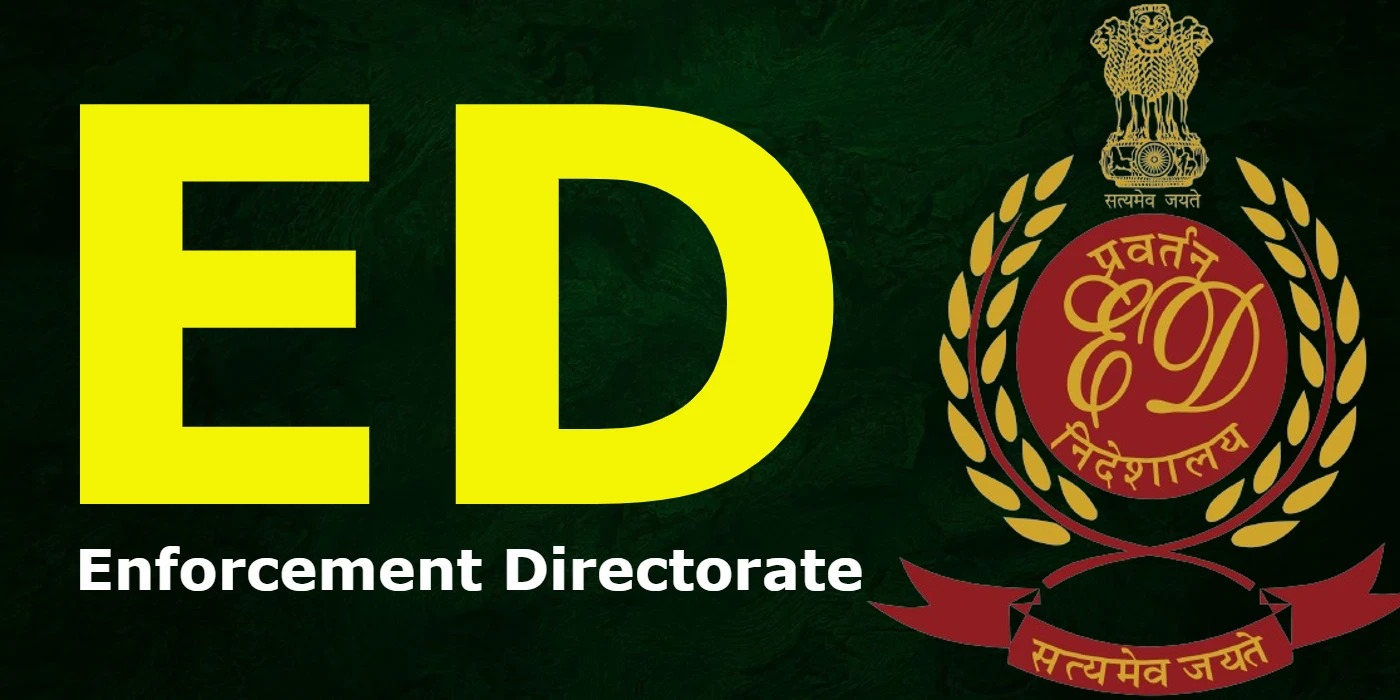@JUDGMENTTAG-ORDER
N. Kirubakaran, J.@mdashThe writ petition is filed challenging the Bill No. 2034 dated 31.01.2003 through which the Petitioner was called upon to pay a sum of Rs. 2,41,768/- termed as arrears for the period from November 2002 to 20th January 2003. The facts of the case are as follows:
2. The Petitioner is running a cinema theatre known as "Shanthi Theatre" at Anna Salai, Chennai and is screening movies. According to the Petitioner, there was a surprise power check conducted by the Assistant Engineer of the first Respondent, the Tamil Nadu Electricity Board and he observed that the meter was suspected to be defective. Subsequently, the Assistant Engineer visited the theatre again on 20.01.2003 and replaced the existing meter with a new meter and made an endorsement that the existing meter was defective.
3. Thereafter, on 27.01.2003 the reading of the new meter was recorded to be 4400 units for 8 days. Bill for the month of January 2003 sent to the Petitioner showed that the Petitioner consumed 27510 units for the month of January 2003 and called upon the Petitioner to pay a sum of Rs. 1,21,554/- being the arrears for the period from November 2002 to 20th January 2003 amounting to Rs. l,07,304/-in all amounting to Rs. 2,41,768/-. The said bill is challenged before this Court.
4. The Learned Counsel for the Petitioner submitted that when the meter was found to be defective, it is bounded duty of the Respondent to refer the matter to the Electrical Inspector for his opinion as per Section 26(6) of the Electricity Act, 1910. In this case, according to the counsel, no such procedure was followed and in the absence of the said procedure, the demand for the said amount is not sustainable. He relied upon the judgment of the Honourable Supreme Court rendered in
5. The Learned Counsel also referred to another judgment of this Court rendered in A.A. Mohd Raffi v. Tamil Nadu Electricity Board represented by its Chairman, Anna Salai, Madras-2 and 2 others reported in 2003 CTC 137. In that case also it was held by His Lordship Justice P. Sadasivam, as he then was, that Electricity Board again raised a bill in case of defective meter without approaching Electrical Inspector and without having resorted to u/s 26(6) and the said bill was held to be invalid and quashed.
6. On the otherhand, Mr. Selvendran, the Learned Counsel for the Respondent/Electricity Board contended that the defective electric meter was referred to the Executive Engi-neer(MRT) and the same was stated in paragraph 4 of the counter affidavit and based on his opinion the amounts were demanded. He further submitted that as per Section 17(10) of the terms and conditions of the Electricity Supply, the Executive Engineer is authorised to assess the consumption and hence the amounts demand is justified.
7. It is seen from the records that the inspection was conducted on 08.01.2003. During that period, the act namely Electricity Act, 1910 was in force and said statute clearly governs the facts of the case. As per Section 26(6) of the Act when there is a dispute with regard to the meter it should be referred to the Electrical Inspector. Section 26(6) of the Act reads as follows:
Where any difference or dispute arises as to whether any meter referred to in Sub-section (1) is or is not correct, the matter shall be decided, upon the application of either party, by an Electrical Inspector; and where the meter has, in the opinion of such Inspector ceased to be correct, such inspector shall estimate the amount of the energy supplied to the consumer or the electrical quantity contained in the supply, during such time, not exceeding six months, as the meter shall not, in the opinion of such Inspector have been correct; but save as aforesaid, the register of the meter shall, in the absence of fraud, be conclusive proof of such amount or quantity.
Provided that before either a licensee or a consumer applies to the Electrical Inspector under this Sub-section, he shall give to the other party not less than seven days, notices of his intention so to do.
8. Thus, it is clear from Section 26(6) that when there is a dispute with regard to the meter or the functioning of the meter, whether it is defective or non defective, the opinion of the Electrical Inspector had to be obtained. As far as the consumer is concerned he could take advantage of non referring the meter to the Electrical Inspector because he would not be prejudiced whereas the Electricity Board would be prejudiced. Based on the opinion of the Electrical Inspector only, the Electricity Board would raise an additional bill whereas in this case no such procedure was followed and that it would definitely be detrimental to the interest of the Electricity Board. When a procedure has been contemplated by an Act, the same has to be followed as per the said procedure as stated in the Act. The Learned Counsel for the Respondent relied upon Clause 17(10) of the terms and conditions of supply to sustain his contention that the Electricity Board obtained the opinion of the Executive Engineer (MRT). The terms and conditions are only a contract and at the best it could only be termed as sub-ordinate legislation whereas the Electricity Act u/s 26(6) is the statute. It is settled law that sub-ordinate legislation cannot over ride the statute and the statute alone will prevail.
9. Apart from that, the Honourable Supreme Court had categorically stated in the judgment referred to above namely
10. The above writ petition stands allowed with the above direction. No costs. Consequently the connected W.P.M.P. No. 5370 of 2003 is closed.

